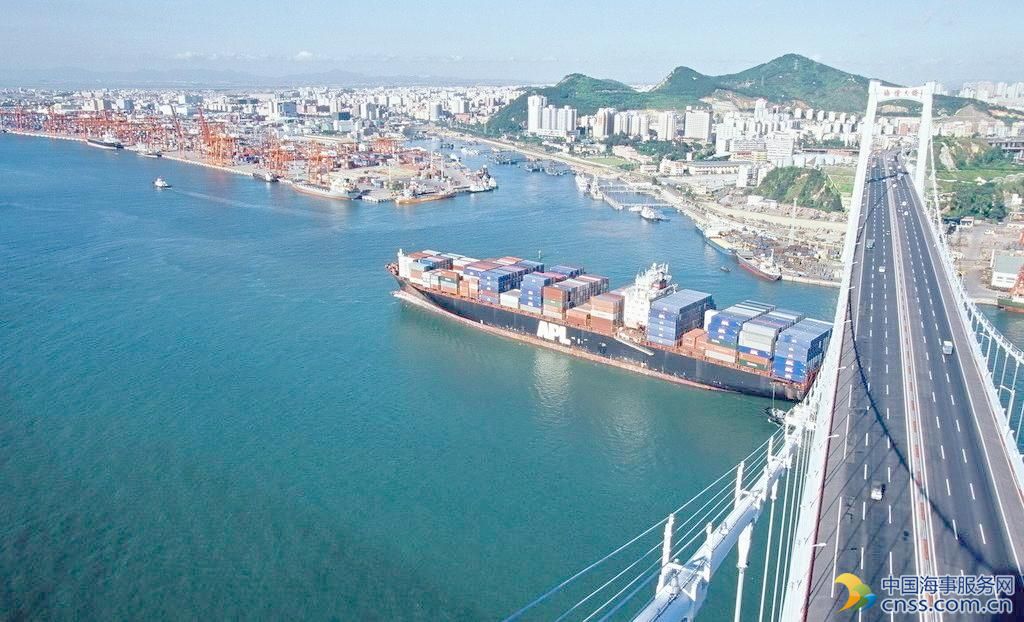China steel extends gains amid potential output curbs ahead of summit

China’s steel futures climbed more than 2 percent to a 1-1/2-week high on Wednesday amid unconfirmed market talk of production curbs in cities surrounding Beijing ahead of the New Silk Road summit in May, which helped to lift iron ore futures.
China typically orders industrial plants to cut or limit production to help clear the skies ahead of a major event such as when it hosted the G20 Summit in Hangzhou last year.
While there was discussion in the market of unconfirmed plans by the city of Tianjin and Hebei province, a top steel producing region near Beijing, to curb output around the mid-May summit, analyst Richard Lu at CRU consultancy in Beijing said he had not yet heard of an official order from the local governments.
“There might be restocking demand before and after the event and also the Labor Day holiday which would be positive for rebar prices,” said Lu. Chinese markets will be shut on May 1 for the Labor Day holiday.
The most-active rebar on the Shanghai Futures Exchange was up 2.3 percent at 2,997 yuan ($435) a tonne by the midday break, its loftiest level since April 14.
Based on their 2016 output, a 20-day stoppage of steel mills in Hebei and Tianjin may cut their combined crude steel production by 11.5 million tonnes, said Lu.
“However, this may not be the case if only sinter plants and independent re-rollers are requested to close rather than blast furnaces,” he said.
The strength in steel prices pulled up iron ore, with the most-active contract on the Dalian Commodity Exchange rising 2.2 percent to 506.50 yuan per tonne.
Firmer futures should help spot iron ore prices recover some lost ground.
Iron ore for delivery to China’s Qingdao port eased 0.7 percent to $66.07 a tonne on Tuesday, slipping for a second straight day, according to Metal Bulletin.
BHP Billiton trimmed its full-year production guidance for iron ore to between 268 million and 272 million tonnes and for coking coal to between 39 million and 41 million tonnes.
The miner said shipments of Australian coking coal to Asian steel mills will be affected in the current quarter after a cyclone swept across eastern Australia in late March. Aurizon Holdings said it had restarted its main Goonyella coal haulage line on a limited basis after Cyclone Debbie brought the line to a halt.
Coking coal on Dalian rose 0.6 percent to 1,094 yuan a tonne.
Source: Reuters (Reporting by Manolo Serapio Jr.; Editing by Christian Schmollinger)
HEADLINES
- Do shipping markets want Biden or Trump for the win?
- All 18 crew safe after fire on Japanese-owned tanker off Singapore
- Singapore launching $44m co-investment initiative for maritime tech start-ups
- Cosco debuts Global Shipping Industry Chain Cooperation Initiative
- US warns of more shipping sanctions
- China continues seaport consolidation as Dalian offer goes unconditional